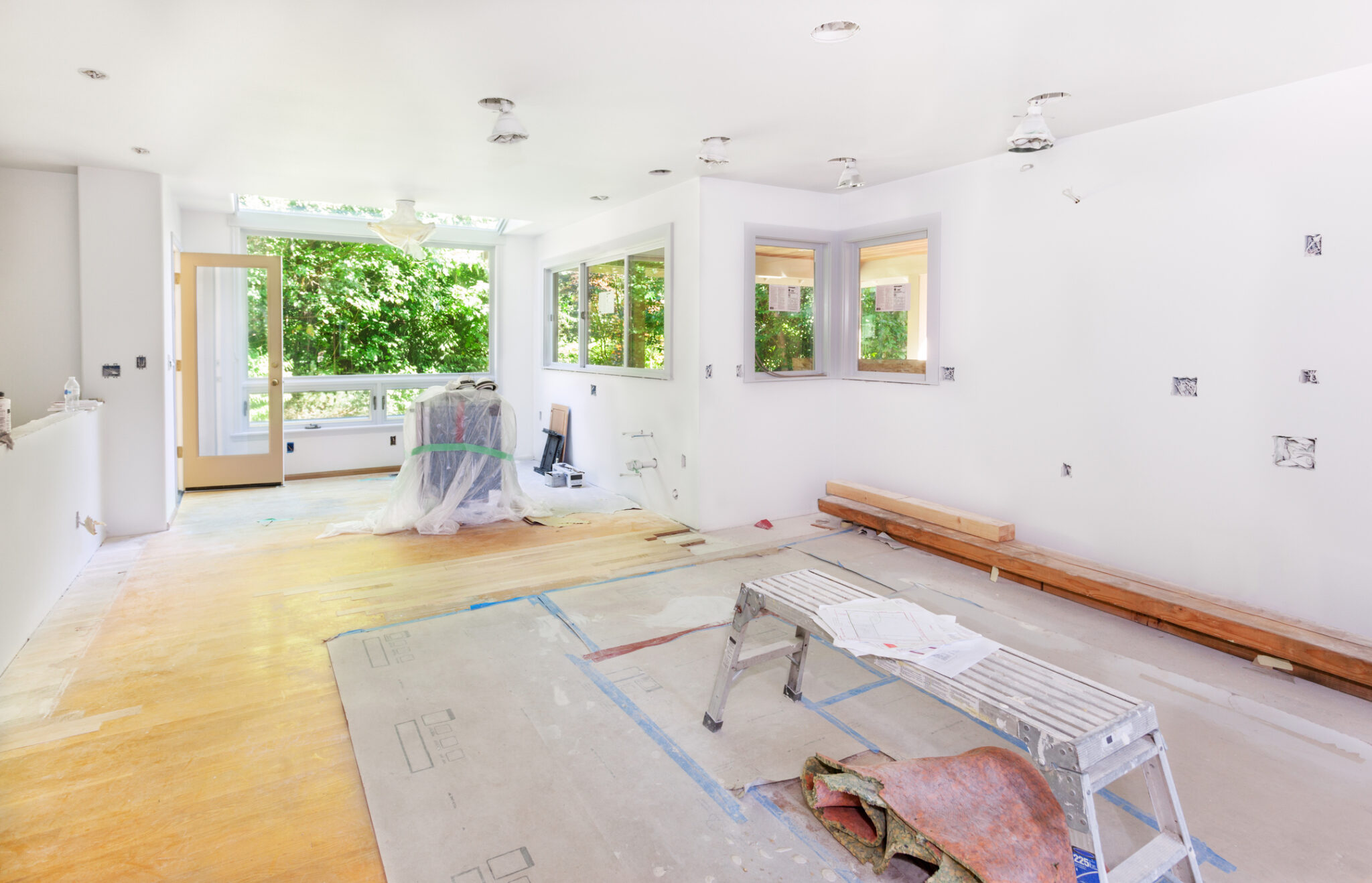The Importance of Regular Upgrades and Renovations at Your Rental Properties

Maintaining rental property upgrades and performing regular rental renovations are essential strategies for property managers who want to stay competitive, attract quality renters, and maximize profits. A well-maintained and modern property commands higher rental rates, reduces vacancies, and lowers maintenance costs over time. This post outlines the key benefits of regular upgrades and renovations and provides practical advice to keep your properties in top shape.
Why Rental Property Upgrades Are Crucial
Keeping rental properties in good condition is more than just a cosmetic exercise. The rental market is increasingly competitive, with renters expecting high standards for the spaces they call home—regardless of how long they stay. Regular rental renovations offer multiple benefits:
- Attracting Quality Renters: Updated properties appeal to reliable, high-paying renters.
- Higher Rent Rates: Upgraded amenities allow you to charge a premium rent.
- Reduced Vacancy Rates: Modern properties are more likely to stay occupied year-round.
- Lower Maintenance Costs: Preventative upgrades reduce the need for costly emergency repairs.
- Increased Property Value: Well-maintained properties appreciate faster and offer better resale potential.
Identify Key Areas for Rental Property Upgrades
Not all upgrades provide the same return on investment (ROI). Focusing on high-impact areas ensures you get the most value for your renovation budget.
Kitchen and Bathroom Renovations
The kitchen and bathroom are among the first areas renters notice. Modernizing appliances, countertops, and fixtures enhances appeal and functionality. Minor upgrades like repainting cabinets or installing energy-efficient faucets can go a long way.
Flooring and Paint Refreshes
Replacing old carpets with durable flooring options, like hardwood or vinyl, improves aesthetics and reduces maintenance needs. A fresh coat of neutral-colored paint can instantly refresh the look of a property.
Energy Efficiency Improvements
Energy-efficient upgrades, like new windows, insulation, or smart thermostats, attract eco-conscious renters and reduce utility costs. Properties with energy-saving features stand out in the market and appeal to returning guests.
Schedule Regular Rental Renovations to Minimize Disruptions
Timing is crucial when it comes to regular rental renovations. Plan upgrades during natural downtime—like between renters or during off-peak seasons—to avoid disrupting renters.
Develop a Renovation Schedule
Create a renovation schedule to organize maintenance and upgrades over the course of a year. A staggered approach prevents large expenses from piling up at once and helps you budget effectively.
Example Renovation Timeline:
- Quarter 1: Paint touch-ups and flooring replacement.
- Quarter 2: Upgrade kitchen appliances.
- Quarter 3: Bathroom fixture replacements.
- Quarter 4: Outdoor landscaping improvements.
By sticking to a plan, property managers can stay ahead of wear and tear and maintain consistent quality.
Balance Aesthetic Upgrades with Structural Repairs
While cosmetic changes enhance appeal, structural repairs ensure safety and long-term durability. Property managers must strike a balance between aesthetic upgrades and necessary repairs.
Address Structural Issues First
Before focusing on paint or countertops, prioritize essential repairs such as:
- Fixing roof leaks
- Updating plumbing and electrical systems
- Ensuring HVAC systems are functioning correctly
Structural repairs protect your investment and prevent expensive emergency repairs in the future.
Use Technology to Track Renovations and Maintenance
Property management software simplifies the process of tracking renovations and upgrades across multiple properties. With digital tools, managers can:
- Monitor project timelines and budgets.
- Keep detailed records of completed upgrades and their associated costs.
- Schedule future maintenance tasks efficiently.
Cloud-based systems also ensure that property managers can track maintenance requests in real-time, preventing delays that might compromise renter satisfaction.
Set a Budget and Calculate ROI for Rental Property Upgrades
Planning regular rental renovations requires smart budgeting. Without a clear strategy, costs can spiral out of control.
Create a Renovation Budget
Develop a budget that covers both essential repairs and optional upgrades. Allocate funds strategically based on:
- Renter feedback and market trends
- Current maintenance issues
- Property location and type
Calculate the Return on Investment (ROI)
Before starting major upgrades, estimate the potential ROI. Consider how much value the renovation will add to the property and how quickly the upgrade will pay for itself through higher rent or lower vacancies. For example, a $5,000 kitchen renovation could result in charging an extra $100 a month in rental fees, covering the cost in just over four years.
Maintain Compliance with Local Regulations
Some upgrades and renovations require permits or compliance with local building codes. Property managers must stay informed about local regulations to avoid fines or delays.
Obtain Necessary Permits
Major projects—like electrical rewiring or structural changes—often require permits and inspections. Working with licensed contractors ensures compliance and reduces liability.
Market Upgraded Properties Effectively
Once your rental property upgrades are complete, highlight them in your marketing efforts. Use professional photos and list key features in your rental listings to attract renters quickly.
Update Property Descriptions
Highlight recent upgrades in online listings. Mention any new appliances or fixtures, energy-efficient systems, or modern flooring or paint. Renovated properties that stand out online are more likely to attract prospective renters and reduce vacancy periods.
Maintain Ongoing Renter Satisfaction
Upgrades and renovations are not just about attracting new renters—they also play a critical role in renter retention. Returning guests appreciate improvements that enhance their living experience and demonstrate that the property manager values upkeep.
Communicate with Renters During Renovations
Keep renters informed about upcoming projects to minimize inconvenience—especially if the renovations taking place may impact their stay. Offer flexible arrangements, like discounts, if renovations impact their stay. Proactive communication builds trust and strengthens renter relationships.
Regular Upgrades and Renovations Ensure Long-Term Success
Performing rental property upgrades and regular rental renovations is essential for maintaining competitive properties that attract and retain renters. From kitchens and bathrooms to sustainable or energy-efficient systems, thoughtful upgrades increase rent potential, reduce vacancies, and enhance property value.
At Safely, we understand the importance of maintaining high-quality rental properties. In addition to offering competitive short-term rental insurance and guest screening services, we provide expert support to property managers focused on maximizing the value of their investments. Contact us today to learn more about how we can help protect your properties and enhance your rental operations.






